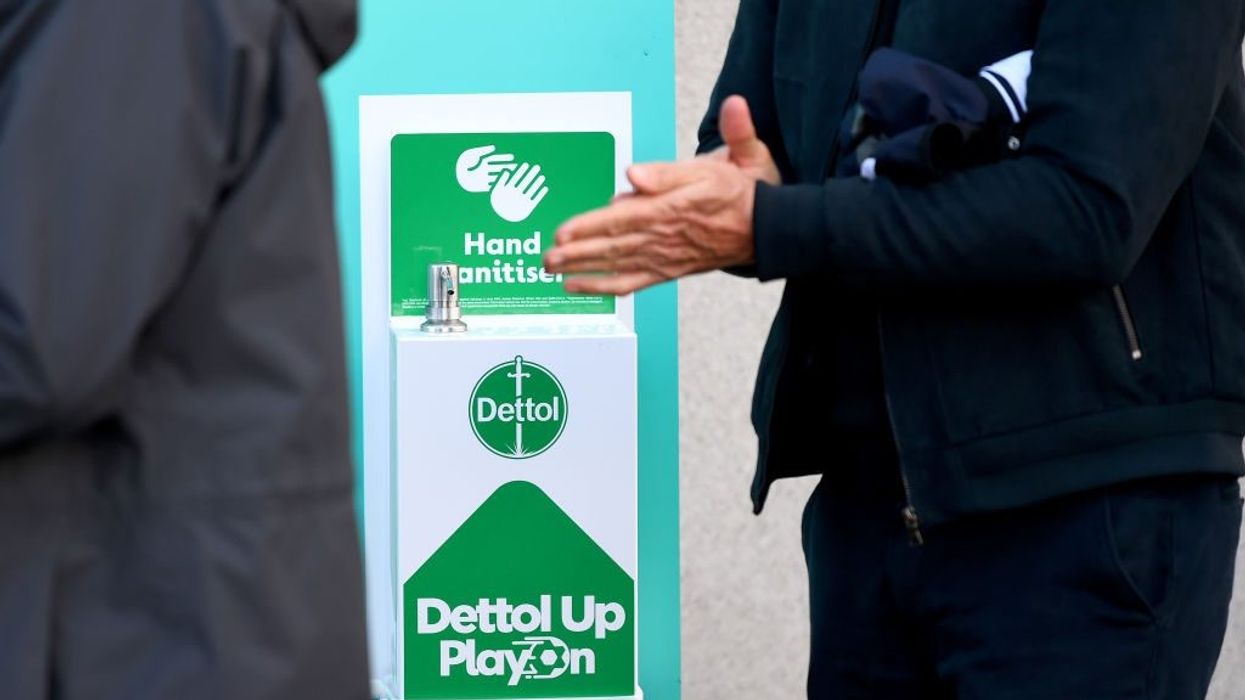RECKITT posted a revenue growth of 5.6 per cent in the first quarter of the year, driven mainly by a rise in its product prices.
"We have made a strong start to the year… despite a challenging operating environment”, company CEO Laxman Narasimhan said, but the maker of the Dettol warned that the input dynamics remain “highly volatile and unpredictable”.
Amid the cost-of-living squeeze, Reckitt posted a 0.3 per cent volume growth in the January-March quarter as the company hiked prices by 5.3 per cent.
Investors gave a thumbs-up to the “better-than-expected” earnings and the company shares appreciated 1.67 per cent to £63.44 after the announcement of the results on Friday (29).
With the intensity of the pandemic receding, the net revenue of its hygiene products declined nine per cent compared to the same quarter a year ago as the demand for Lysol slowed. However, excluding the disinfectant, the vertical grew 3.9 per cent, led by Finish, Air Wick, Harpic and Vanish.
Strong net revenue growths of a little above 20 per cent came from its health and nutrition products.
Narasimhan said the operating environment remains highly unpredictable for the rest of the year but cushioned his statement, saying the FTSE100 company is “well placed to address these market dynamics through the strength of our brands”.
“Investments we have made in brand building, innovation, and execution, have resulted in broad-based market share gains. These, coupled with pricing and revenue management actions, stand us in good stead to maintain this positive momentum”.
Reckitt’s earnings beat expectations




